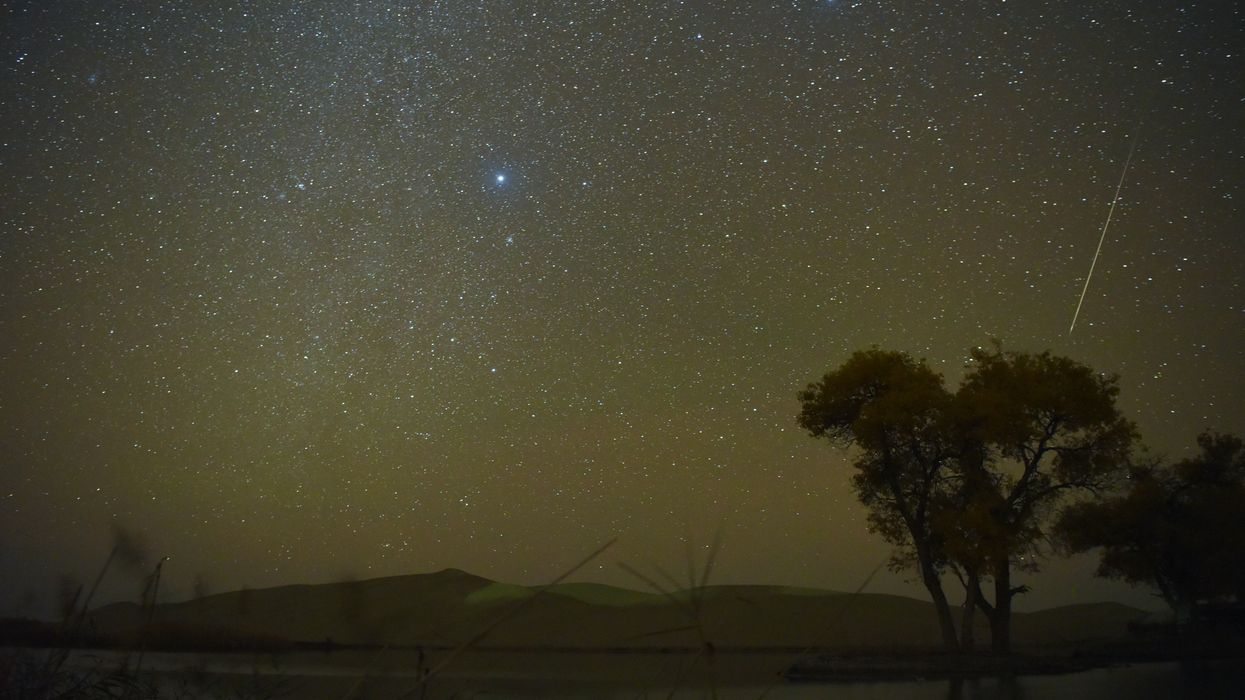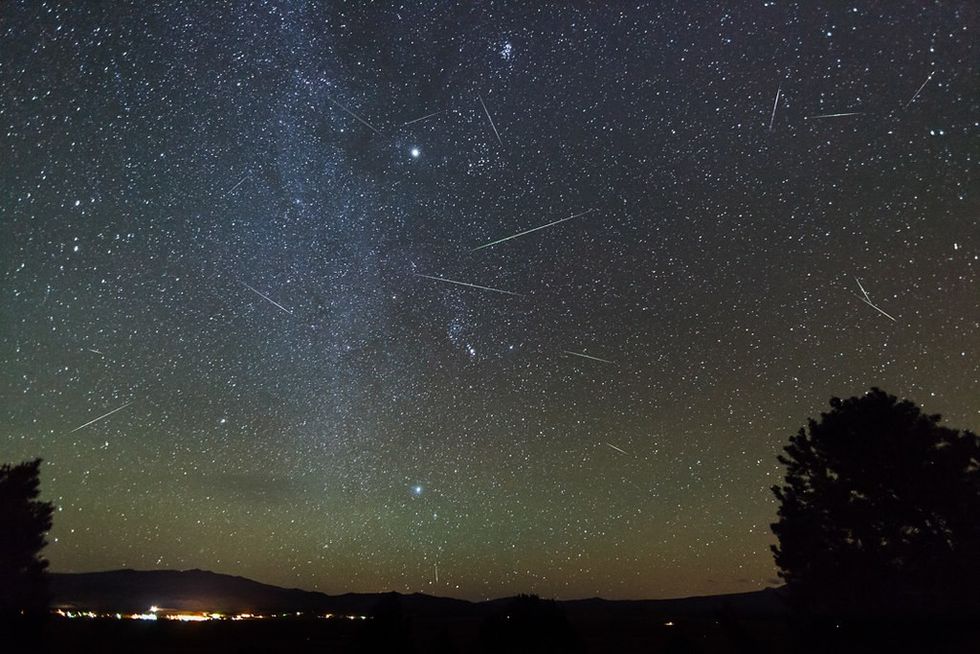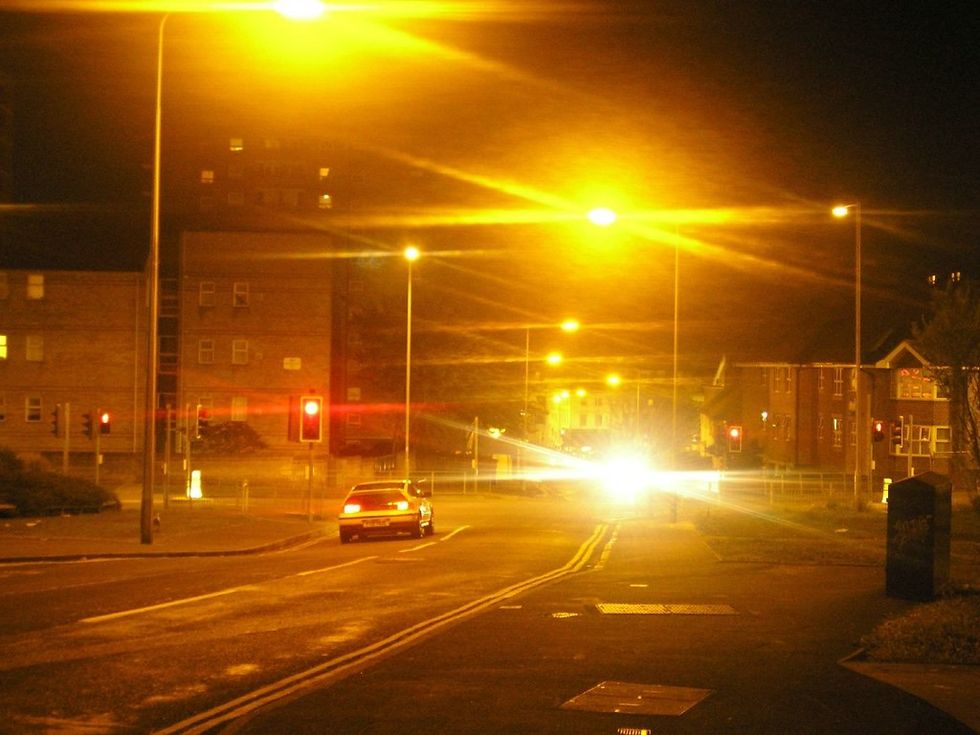Hundreds of shooting stars to light up night sky - Where in UK to see Orionid meteor shower

The Orionid Meteor Shower takes place every autumn
|Getty

The meteor shower will peak tonight
Don't Miss
Most Read
Latest
A beautiful meteor shower is set to light up the sky tonight in the UK.
The Orionid Meteor Shower, which takes place every autumn, began on October 2 and will last until November 7.
It is expected to peak tonight, with up to 25 shooting stars passing every hour.
It will be at its most dazzling between midnight and dawn tomorrow and Sunday.

Up to 25 shooting stars are expected to pass every hour
|Flickr
To see the beautiful display, Brits should find a spot away from any form of artificial light.
It can be seen by the naked eye so there is no need for binoculars or a telescope.
“To observe them successfully people need to make sure to find a good safe spot away from any direct light and ideally with skies as dark as possible,” Dr Daniel Brown, an astronomy expert at Nottingham Trent University, told MailOnline.
“Then take your time. Eyes need 20-30 minutes to fully adjust to the darkness and spot fainter meteors. Just popping out into the garden to see them won't be enough, people need to be patient.
“Make sure to pick a spot where you can see lots of the sky, not only Orion. There is no need for any telescopes or binoculars. Meteors will streak through the entire sky.”
However, Brits may struggle to see the stars due to the cloudy weather brought on by Storm Babet.
On Sunday, there is also expected to be heavy clouds, however, parts of southwest England, Ireland and Wales are more likely to catch a glimpse through clear patches in the sky.
The shower originated in debris of Halley's comet, one of the most famous in history.

Stay away from artificial light to spot the shooting stars
|Flickr
As it passes around the Sun, small pieces fall off and form a stream of dust and ice debris.
The comet passes Earth only every 75 years so the next time we will see it will be in 2061.
However, the meteor shower is an annual event.
“This meteor shower holds a special place in the annual calendar of celestial events... if you missed already the ‘once-in-a-lifetime event’ of Halley's Comet, don't worry, this annual Orionid meteor shower offers a unique opportunity providing some compensation,” says Dr Minjae Kim, a physicist at the University of Warwick.










